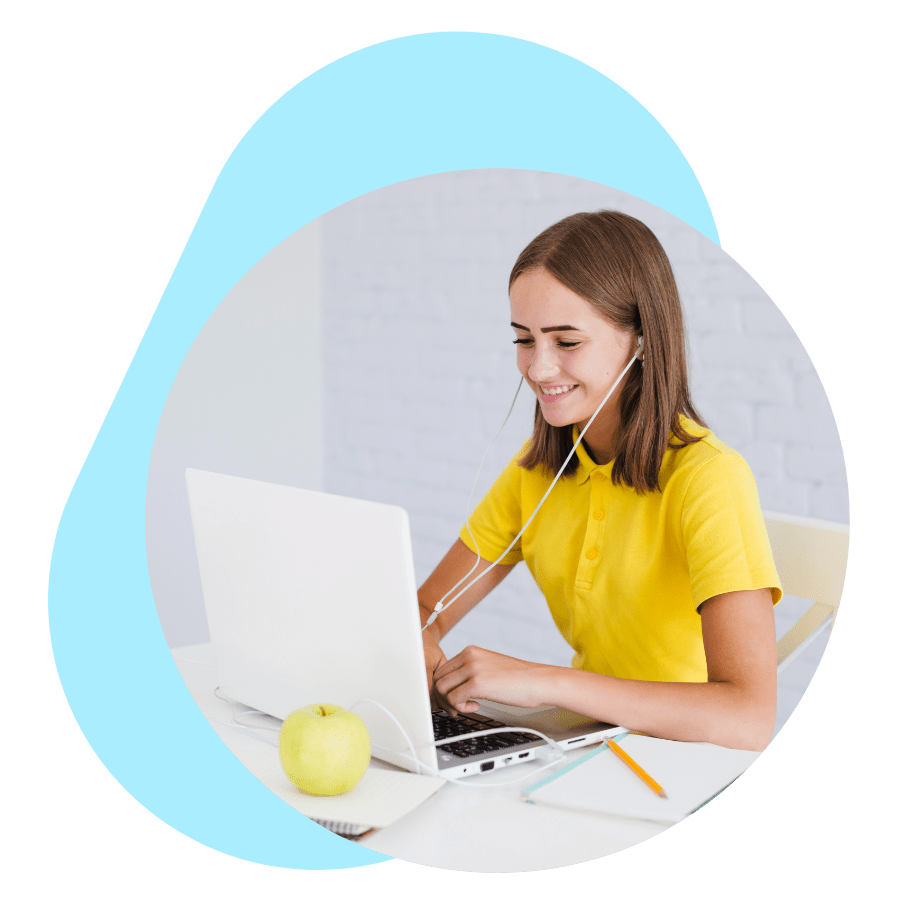1- Vocabulary: occupations
1.1- Look at the pictures below
A. This is a doctor

Example: Doctors work in hospitals.
B. This is a firefighter.

Example: Firefighters put out (stop from burning) fires. They work in fire stations.
C. This is a police officer.

Example: Police officers help to maintain law and order.
D. This is a salesperson.

Example: A salesperson sells products and services to customers.
E. This is a zookeeper

Example: Zookeepers look after animals in the zoo.
F. This is a nurse.

Example: Nurses take care of ill or injured people in hospitals.
2- Now read about James and Susan

Hello!
We are James and Susan.
We are brother and sister.
We work in a hospital. I am a doctor and my brother James is a nurse.
We start work at 8 o’clock in the morning. Normally, we have lunch together at noon.
We always go home at 6 pm. We do not live together. We have our own families.
2.1- Before working on the activities, let´s have some grammar snack
A. Vocabulary
Noon means at midday, at 12.00 o’clock.
Example: I always have lunch at noon. (At 12.00 o’clock)
PM means in the afternoon, after lunch
Example: At school we normally have lunch at 1 pm.
B. Grammar: Simple Present Tense
We use the Simple Present Tense to
- talk about routines (= usual or fixed actions)
- express likes and preferences
- talk about timetables (= organization of events)
Example:
I always go to school on foot. (routine)
I love pizza (likes and preferences)
We have Art on Wednesday. (timetable)
How do we make it?
- Affirmative / Positive sentences: Subject / Person + verb (like – play – go – work – watch – have)
Example:
I play tennis every Saturday.
We like pasta
The children (They) watch TV every day.
- Interrogative sentences / Questions: Do + subject / person + verb (like – play – go – work – watch – have) + ? (*)
Example:
Do you play rugby on Sunday?
Do they work in a hospital?
Do we have English on Monday?
- Negative sentences: Subject / Person + do not (don’t) + verb (like – play – go – work – watch – have)
Example:
We do not work in a clothes shop.
They don’t play football on Monday.
I do not like hot dogs
(*) When we answer this kind of questions, we simply say yes or no.
“Yes” if the answer is positive (affirmative) and we use do
“No” if the answer is negative and we use do not or don’t
Remember don’t is the short form of do not.
Example 1:
Do you like pasta?
- Yes, I do
- No, I don’t. = No, I do not.
Example 2:
Do you work in a school?
- Yes, I do
- No, I don’t. = No, I do not.
When we want to find out more information, we need the Wh-words: Questions words: Who – When – Where – What – Which – How (This is the only one that begin only with “H”)
Example 1:
Question: Where do you work?
Answer: I work in a bookshop
Example 2:
Question: When do they play tennis?
Answer: They play tennis on Saturday.
2.2- Let’s practice
A. Match the questions with the correct answers.
B. Choose the correct question for each answer.
2.3- Now, let’s read the text again and work on the following activities
A. Are these sentences true or false?
B. Can you unscramble the following words to make true sentences about James and Susan?
C. Let’s imagine you can ask James and Susan some questions. Can you put these words in order to make questions about James and Susan.
3- Read about Mary’s routine, Susan’s friend

Hello!
I’m Mary. Susan is my friend, but I do not work in the hospital with her.
I work in a clothes shop.
Every day I get up very early in the morning, I have tea and toast for breakfast and then I walk to work.
I like my job because I meet a lot people and I love clothes and accessories.
3.1- Now, imagine you are Mary. Write the answers for the following questions.
Example:
Question:
What’s your name?
Mary:
My name is Mary. (Mary)
Question:
Do you work in a hospital?
Mary:
No, I don’t
Let’s begin with some help
1) Question:
Where do you work?
Mary:
I work in
2) Question:
When do you get up?
Mary:
I get up
Now, let’s try on your own.
3) Question:
What do you have for breakfast?
Mary:
______________________________________________
4) Question:
Do you walk to work?
Mary:
________________________________________________
5) Question:
Why do you like your job?
Mary:
_________________________________________________
Solution:
Please try to complete the activity on your own first, before having a look at the answers below.
1) Question:
Where do you work?
Mary:
I work in a clothes shop
2) Question:
When do you get up?
Mary:
I get up very early in the morning
3) Question:
What do you have for breakfast?
Mary:
I have tea and toast for breakfast
4) Question:
Do you walk to work?
Mary:
Yes, I do.
5) Question:
Why do you like your job?
Mary:
Because I meet a lot people and I love clothes and accessories

